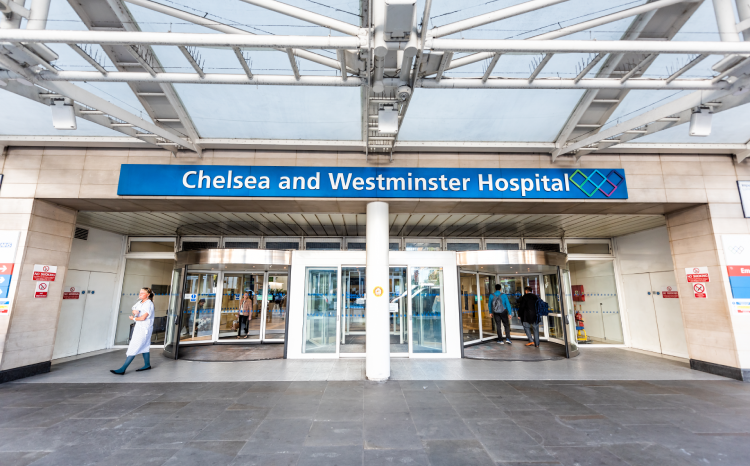Standards Board splits in two
- 12 April 2013

The Information Standards Board for Health and Social Care is being replaced by two new organisations.
Speaking at a Westminster Health Forum, ISB chair Professor Martin Severs said: “The ISB will be replaced by two bodies, the informatics partnership group and the informatics collection group.
“They will advise the informatics services commissioning group on what standards to use and what [data] collections [to make]. They [the ISCG] will make the final decision on what’s going to happen.”
The ISCG is made up of representatives from the Department of Health, the National Institute for Health and Care Excellence, the Care Quality Commission and NHS England, among others.
EHealth Insider revealed its existence last November. It will be chaired by Tim Kelsey, the national director of patients and information at the NHS Commissioning Board, and will decide what infrastructure, standards, and data sets will need to be commissioned and promoted.
As such, it looks set to have an important role in co-ordinating the work of the different organisations with an interest in IT, and in setting the future direction for NHS IT and information.
Professor Severs added that once information standards were published, all public bodies – including providers and NHS England – would have to pay them due regard.
He said the Health and Social Care Act, which legislated for the changes to the NHS outlined in the ‘Liberating the NHS’ white paper, put a stronger emphasis on making sure information standards were used correctly.
Previously, every standard would have implementation guidance, but that “implementation guidance has gone from a ‘should do’ to a ‘must’,” he said.
“The reason for that is that standards are absolutely worthless unless they are implemented effectively. In the new world, the collection [of data] will be separated from information standards.”
However, Professor Severs acknowledged that the new bodies face several challenges; one of which will be to overcome the simmering row over the NHS Commissioning Board’s determination to collect much larger data sets from GPs, using the GP Extraction Service set up by the HSCIC.
Earlier this week, an updated information governance assessment for the care.data programme said that patients should be able to make a “reasonable objection” to having their data shared, and to have that considered.
Professor Severs acknowledged that what would count as a reasonable objection “will need to be clarified relatively quickly.”
Another issue is to create a single document regarding the processing of confidential information.
“That needs to be precise, it needs to be understandable and it needs to be very clear. So we all know there is one place where we are looking at the processing of confidential information.”
He added that the changes could take some time. “There is a push to move everything really quickly, and then what you do is to a botch job and it all falls over,” he said, adding this was a trap he was determined not to fall into.




